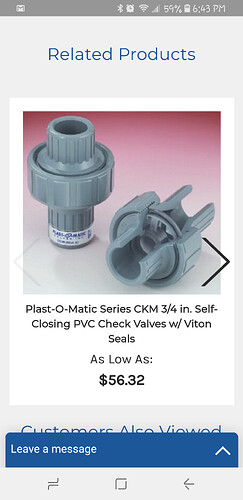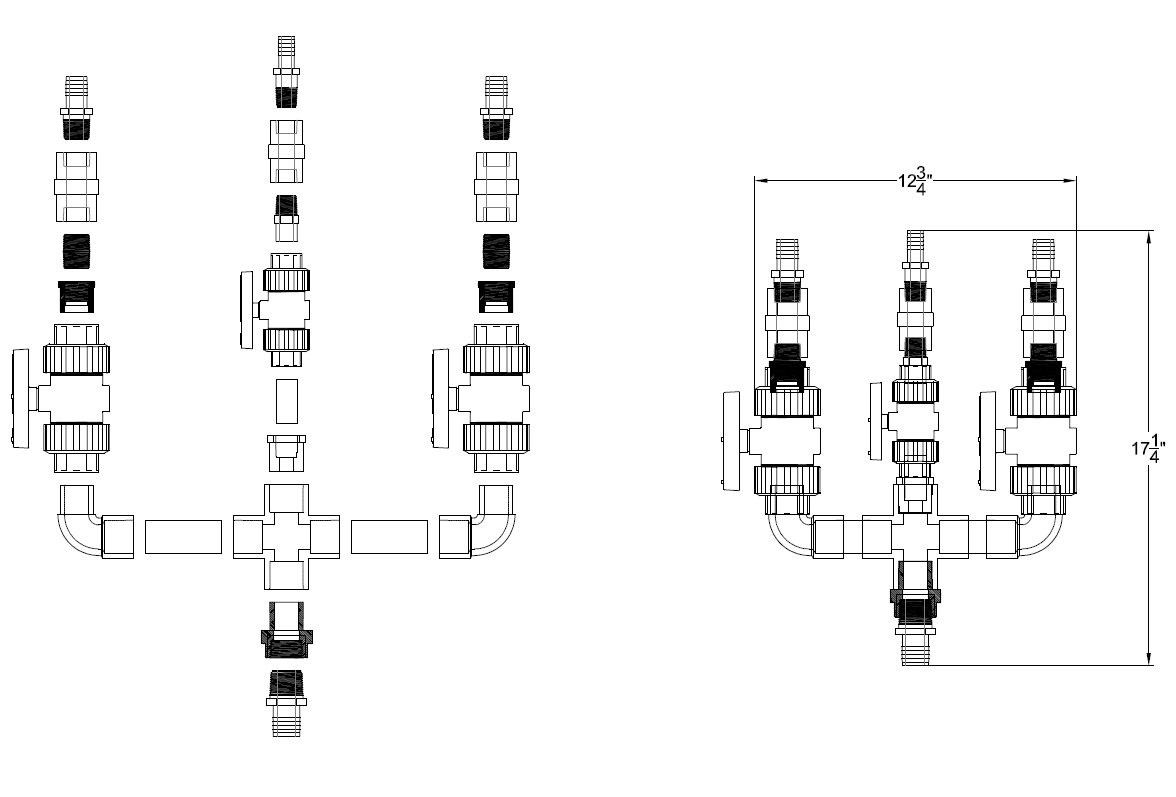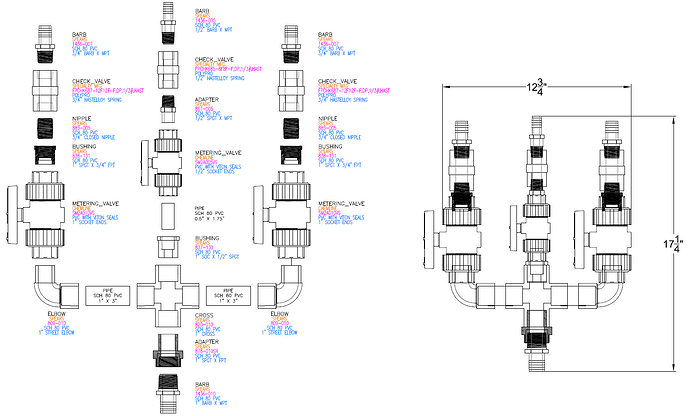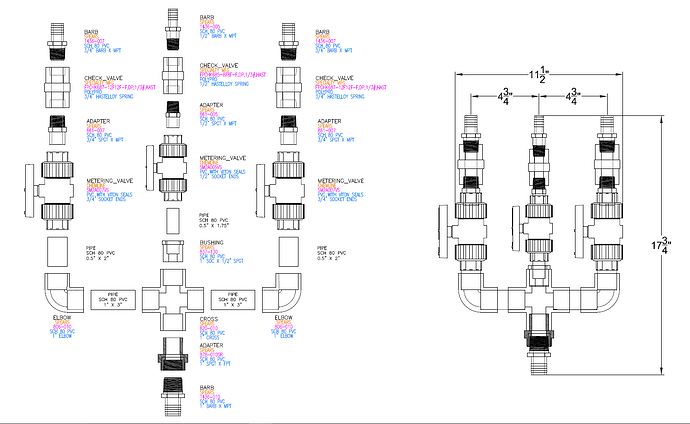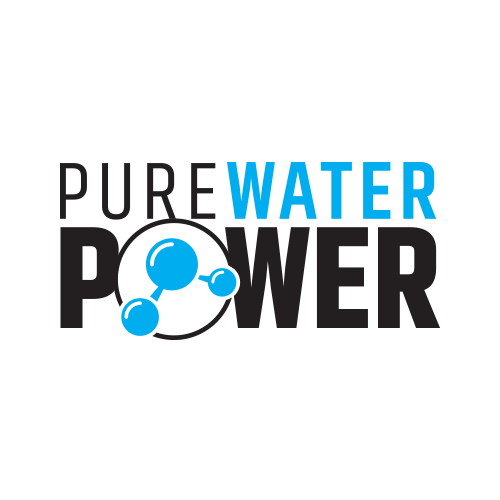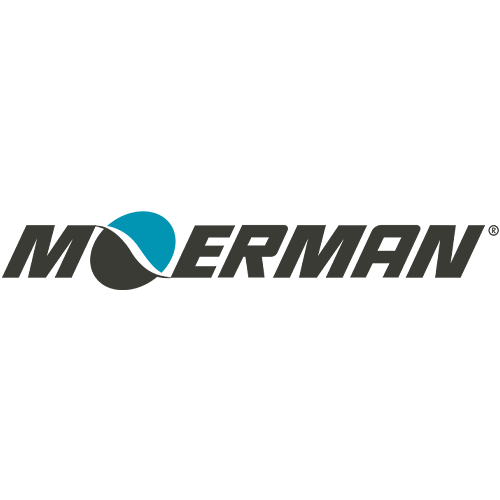Looks like it. Plastomatic CKM series check valves.
the prices look reasonable price am I looking at the wrong one’s?
ah ha, I see now. difference is a choice of PVC and Poly. I don’t understand why the hastelloy spring ones are less expensive. From WHAT I’ve been told, hastelloy is crazy expensive.
It’s just a fact. The diaphragm check valves are more expensive, and the hastelloy check valves are less expensive.
didn’t mean to emphasize the WHAT, hit the all caps on accident. From all that I’ve seen in this thread, I trust that you are engineering the most cost effective and efficient blending system. Keep up the great work.
did j ever answer this question about the 3/4 throughout manifold flow restrictions?
The elbows are 1" regardless of what size valves you want. With softwash flow rates and pressures, there is minimal loss when the elbows are 1" in diameter, so not a big deal.
probably a dumb question but I was looking at the 1st picture of the other guys system. They have the check valves after the metering valves, does that make any difference? Also, is a valve needed on the water inlet?
Not a dumb question at all.
Yes, the water could be a regular valve. No, it’s not a good idea. The issue is that since the valves don’t have same flow curves, you can’t adjust to get the proper mix ratios that are required. The valves need the same curves to be able to control the ratios. Good question.
The location of the check valves is not critical, but I chose to put them ahead of the metering valves because the metering valves are where you torque the system (rotating the handles) and I preferred that to be more centrally located on the system than shifted heavily towards the top of the system. Just to even out any forces that may be acting on the system from turning handles, or supply or discharge hoses getting pulled or having tension, etc.
Hey Justin, which valves are more affordable?
Check valves or metering valves?
metering
Chemline is really the only option that is viable, at least from what I’ve seen so far in all my searching. And a 3/4" valve will always be cheaper than a 1" valve of the same design.
Hello jzbreeland, would you consider selling just the GF 1/2" metering valves? I am looking at rigging up something and like to build stuff myself. Just wondering if you would sell the valves only? Thank you.
If you want to do that, you’d be better off just buying them online yourself honestly.
I have been working on some drawing files for the metering systems to better keep up with parts and to get approximate dimensions for sizing. Here is what I have for the 1" system so far. The left view is fully exploded so that each part can be seen individually. This will help keep track of correct part numbers, and could be sent with systems to help ensure proper assembly, like an instruction sheet. The view on the right is the system all assembled to see what it’ll look like and to get basic measurements.
Note that I don’t have the drawing files for the exact metering valves, so I’ve used generic ball valve that are the right size for the metering valve equivalent.
I plan to update this further to include part numbers and stuff hopefully.
impressive man. looks great!
Here is it with part numbers and descriptions. This is a 1" system with hastelloy check valves. I’ll look at doing the other systems later possibly when I have time to work on it.
